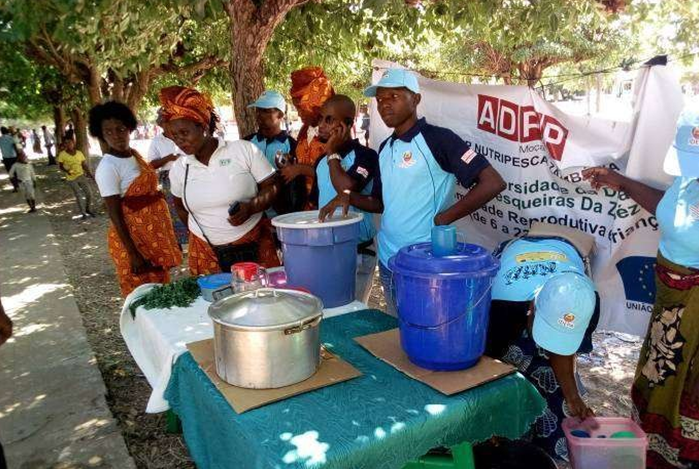Official sources indicate that Mozambique ranked 170 of 188 countries on the Human Development Index and faces significant development challenges. The country is largely dependent on agriculture and is vulnerable to drought and natural disasters. Most of the population (66%) live in rural areas, an approximately equal proportion live below the poverty line, and one-third is chronically food-insecure with high child stunting. The situation is worse in Nampula – Mozambique’s largest, most densely populated province – where 55% of Children Under 5 are stunted (compared with 43% nationwide) and 6.5% suffer from wasting (5.9% nationwide), 51% of Adolescent Girls are anaemic, early marriage and pregnancy rates are among the highest in the country, and women and girls face extreme socio-economic exclusion.

ADPP Mozambique implements nutrition project, which idea is that the project will empower communities and the Government to improve the nutritional status of 118,000 pregnant and lactating women, 260,000 adolescent girls, and 165,000 children under two in 12 districts of Nampula Province, comprising 80% of the targeted populations.
The projects key impacts will include:
- Greater community capacity and self-reliance to improve nutrition, sanitation, and hygiene;
- Community members making healthier choices for themselves and their children;
- Healthier eating and dietary practices;
- Improved health and nutrition
The project will secure that there are community structures in place around all clinics in 12 districts and that they improve their counselling and interpersonal communication skills.
The project will train and support the clinics to create groups with pregnant and lactation women and other groups with adolescent girls that can work with nutrition and water, sanitation and hygiene. The project will also make community events, community radio and other information campaigns.


